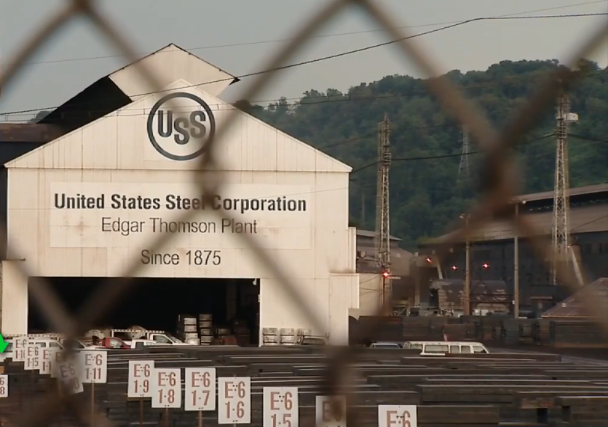Nippon Steel and U.S. Steel Challenge Biden’s Block on $15 Billion Acquisition
Nippon Steel and U.S. Steel have filed lawsuits challenging the Biden administration’s decision to block their $15 billion acquisition deal. The legal action was initiated after the administration’s move to halt the merger, citing concerns about national security and the integrity of the U.S. steel industry.
The steelmakers allege that the decision was politically motivated and lacked a rational legal basis. The lawsuits, filed in the U.S. Court of Appeals for the District of Columbia and the U.S. District Court for the Western District of Pennsylvania, argue that the merger would have benefitted U.S. steel production. Nippon Steel had promised to invest $2.7 billion in U.S. Steel’s aging operations, including blast furnaces in Gary, Indiana, and Pennsylvania’s Mon Valley. It also committed not to reduce production capacity in the U.S. without first obtaining government approval.
President Biden’s decision followed a deadlock among federal regulators regarding the national security risks of the deal. Biden emphasized the importance of a strong, domestically owned steel industry for the nation’s security, stating that without domestic steel production and workers, the U.S. would be weaker and less secure.
In addition to the government’s decision, the lawsuit also targets steel rival Cleveland-Cliffs Inc. and its CEO Lourenco Goncalves, accusing them of collaborating with David McCall, head of the U.S. Steelworkers union, to undermine the deal. The companies claim that the rivalry and political maneuvering were aimed at preventing any other firm from acquiring U.S. Steel and weakening its competitive position.
The lawsuit further accuses the Committee on Foreign Investment in the United States (CFIUS) of manipulating the review process to support a predetermined outcome, alleging undue influence from the administration. The legal battle continues as both companies seek to reverse the government’s stance.
President-elect Donald Trump has also expressed his opposition to the acquisition, promising to block it if necessary and suggesting that U.S. Steel could thrive under a new administration.


